The world of exotic fruits never fails to surprise us, and among the many hidden gems lies the black apricot fruit. This unique variety of apricot offers a delightful taste, stunning appearance, and a plethora of health benefits. In this article, we will explore the origins, characteristics, and potential business opportunities associated with the black apricot fruit. 1. Origin and Characteristics: The black apricot fruit, scientifically known as Prunus armeniaca, belongs to the Rosaceae family. While traditional apricots feature a vibrant orange color, these beautiful fruits display a deep burgundy or blackish hue on their exterior. Their soft, velvety skin encapsulates a fleshy interior, similar to regular apricots, which ranges from orange to light yellow. The taste profile of black apricots is somewhat similar to regular apricots, but with a more intense and slightly tangier flavor.
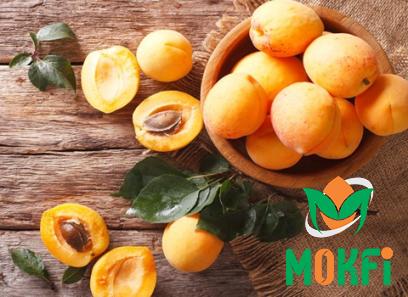
.
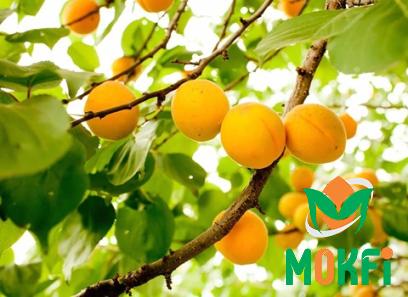 2. Nutritional Value: Black apricot fruit boasts an impressive array of health benefits, making it an attractive addition to any diet. Rich in essential vitamins and minerals, black apricots are an excellent source of vitamin A, vitamin C, fiber, and potassium. These nutritional components contribute to promoting healthy skin, boosting immune function, aiding digestion, and maintaining proper heart health. 3. Culinary Uses: The distinct flavor and unique color make black apricots a versatile ingredient for numerous culinary creations. These fruits can be enjoyed both fresh and dried, offering chefs and home cooks an opportunity to experiment with various recipes. Black apricots can be used in jams, jellies, sauces, salads, smoothies, pastries, and even savory dishes. Their vibrant color adds an intriguing visual element to any dish, making them ideal for enhancing the aesthetic appeal of desserts and other culinary presentations.
2. Nutritional Value: Black apricot fruit boasts an impressive array of health benefits, making it an attractive addition to any diet. Rich in essential vitamins and minerals, black apricots are an excellent source of vitamin A, vitamin C, fiber, and potassium. These nutritional components contribute to promoting healthy skin, boosting immune function, aiding digestion, and maintaining proper heart health. 3. Culinary Uses: The distinct flavor and unique color make black apricots a versatile ingredient for numerous culinary creations. These fruits can be enjoyed both fresh and dried, offering chefs and home cooks an opportunity to experiment with various recipes. Black apricots can be used in jams, jellies, sauces, salads, smoothies, pastries, and even savory dishes. Their vibrant color adds an intriguing visual element to any dish, making them ideal for enhancing the aesthetic appeal of desserts and other culinary presentations.
..
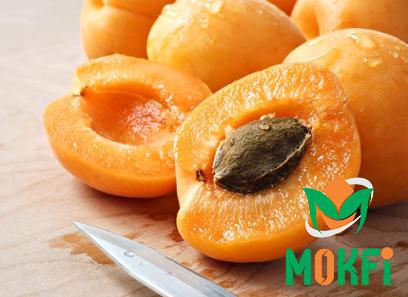 4. Market Potential: Due to their exquisite appearance and nutritional value, black apricots present a promising business opportunity. As consumers increasingly seek out new and exciting food experiences, offering black apricots can attract health-conscious individuals, gourmet enthusiasts, and culinary professionals alike. By marketing black apricots as a specialty fruit with unique characteristics, businesses can tap into niche markets, such as health food stores, restaurants, and high-end grocery chains. 5. Cultivation and Availability: Black apricot trees thrive in temperate and Mediterranean climates, much like their regular apricot counterparts. These trees require well-drained soil, adequate sunlight, and enough space for proper growth. While black apricot trees are less common than regular apricot trees, they can still be cultivated successfully in suitable regions. The fruits are typically harvested in summer and made available to consumers through local markets, specialty stores, and online platforms.
4. Market Potential: Due to their exquisite appearance and nutritional value, black apricots present a promising business opportunity. As consumers increasingly seek out new and exciting food experiences, offering black apricots can attract health-conscious individuals, gourmet enthusiasts, and culinary professionals alike. By marketing black apricots as a specialty fruit with unique characteristics, businesses can tap into niche markets, such as health food stores, restaurants, and high-end grocery chains. 5. Cultivation and Availability: Black apricot trees thrive in temperate and Mediterranean climates, much like their regular apricot counterparts. These trees require well-drained soil, adequate sunlight, and enough space for proper growth. While black apricot trees are less common than regular apricot trees, they can still be cultivated successfully in suitable regions. The fruits are typically harvested in summer and made available to consumers through local markets, specialty stores, and online platforms.
…
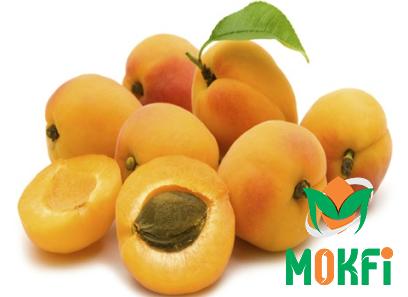 6. Consumer Education and Awareness: To promote the adoption of black apricots and ensure a steady demand, consumer education plays a vital role. Informing potential customers about the unique properties and benefits of black apricots will help generate interest and satisfy the growing demand for exotic and nutritious fruits. Sharing recipes, nutritional facts, and health-related information through social media platforms, food blogs, and other marketing channels can raise awareness and build a loyal customer base. Conclusion: With its striking appearance, delectable taste, and numerous health benefits, the black apricot fruit offers an exciting opportunity for businesses to provide consumers with a distinct and enjoyable food experience. By understanding the origins, characteristics, and market potential associated with black apricots, entrepreneurs and growers can capitalize on this fascinating fruit and contribute to the diversification of the culinary landscape. So, why not embrace the allure of the black apricot and introduce its wonders to a world hungry for new and extraordinary flavors?
6. Consumer Education and Awareness: To promote the adoption of black apricots and ensure a steady demand, consumer education plays a vital role. Informing potential customers about the unique properties and benefits of black apricots will help generate interest and satisfy the growing demand for exotic and nutritious fruits. Sharing recipes, nutritional facts, and health-related information through social media platforms, food blogs, and other marketing channels can raise awareness and build a loyal customer base. Conclusion: With its striking appearance, delectable taste, and numerous health benefits, the black apricot fruit offers an exciting opportunity for businesses to provide consumers with a distinct and enjoyable food experience. By understanding the origins, characteristics, and market potential associated with black apricots, entrepreneurs and growers can capitalize on this fascinating fruit and contribute to the diversification of the culinary landscape. So, why not embrace the allure of the black apricot and introduce its wonders to a world hungry for new and extraordinary flavors?
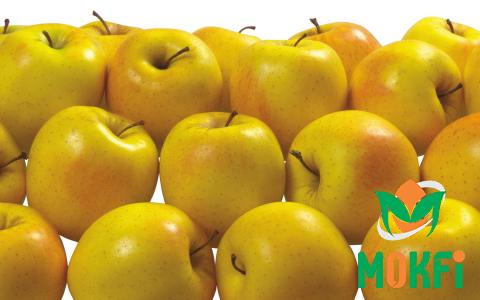
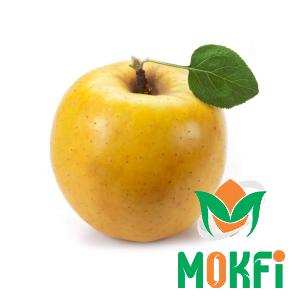
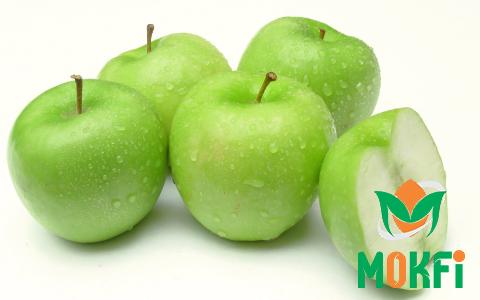
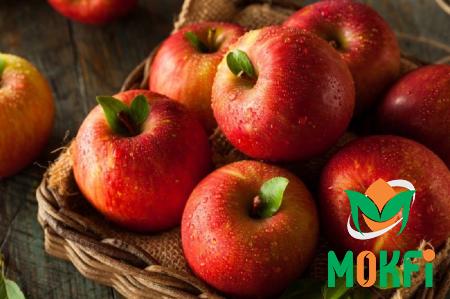
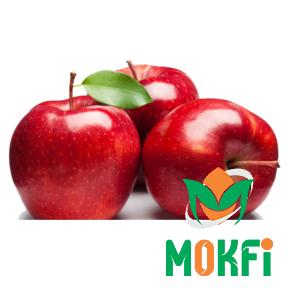
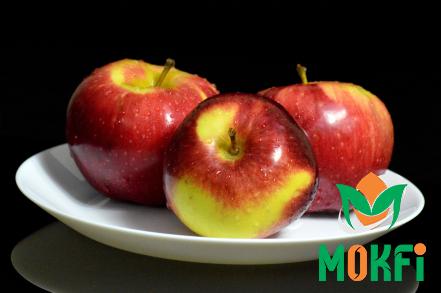

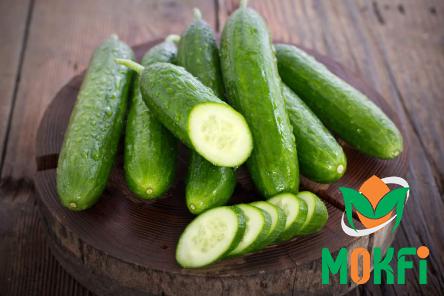
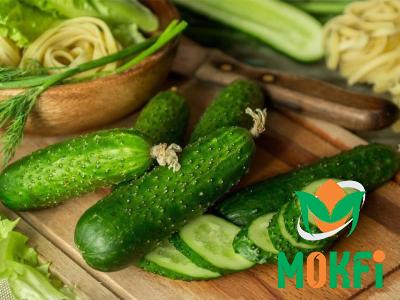
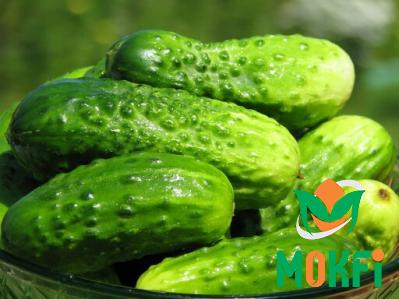
Your comment submitted.